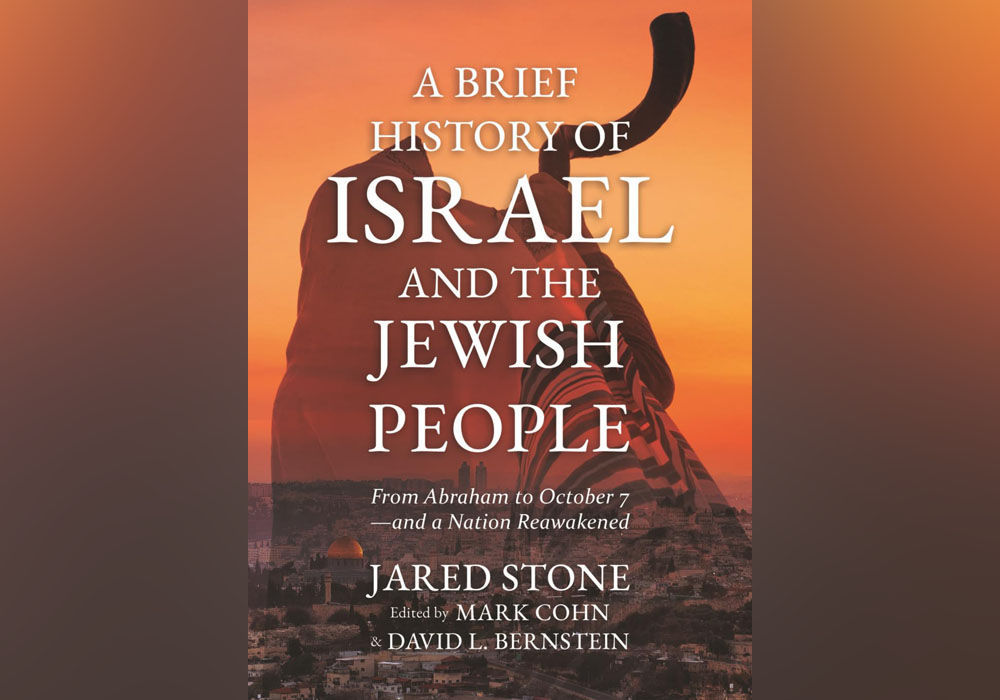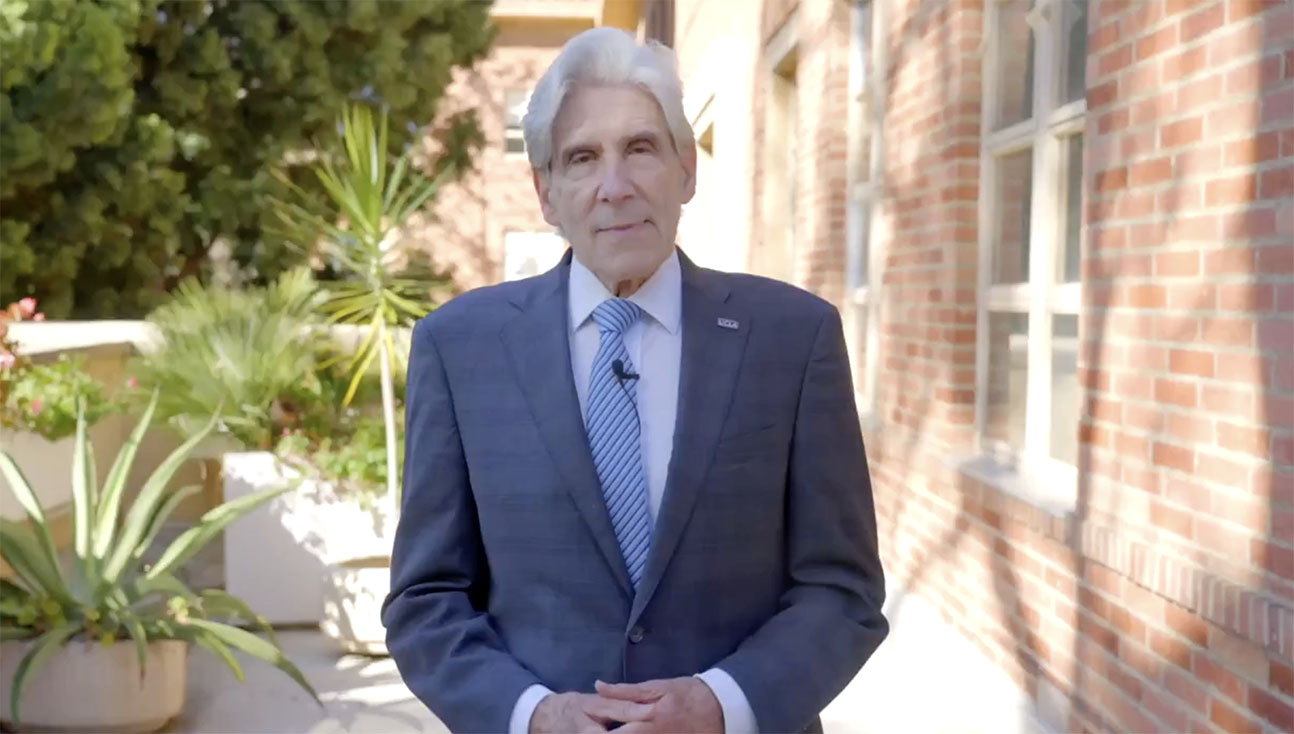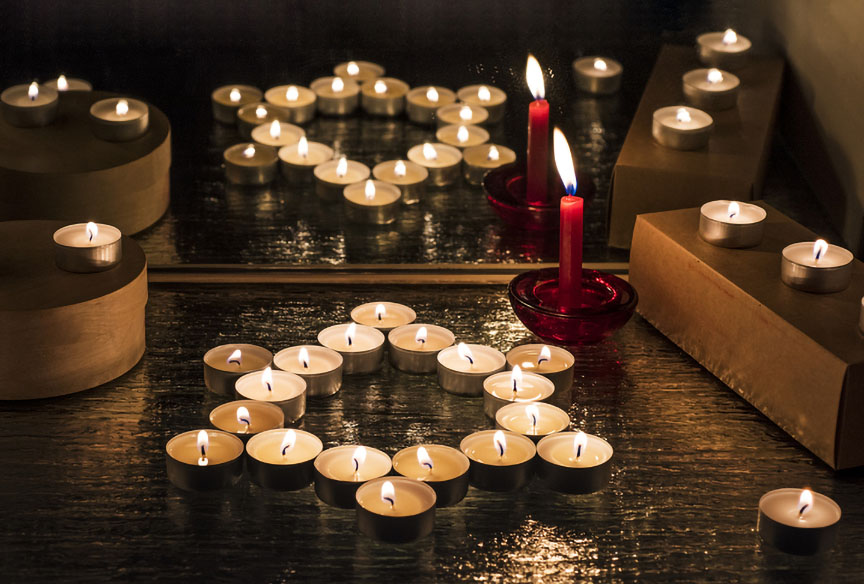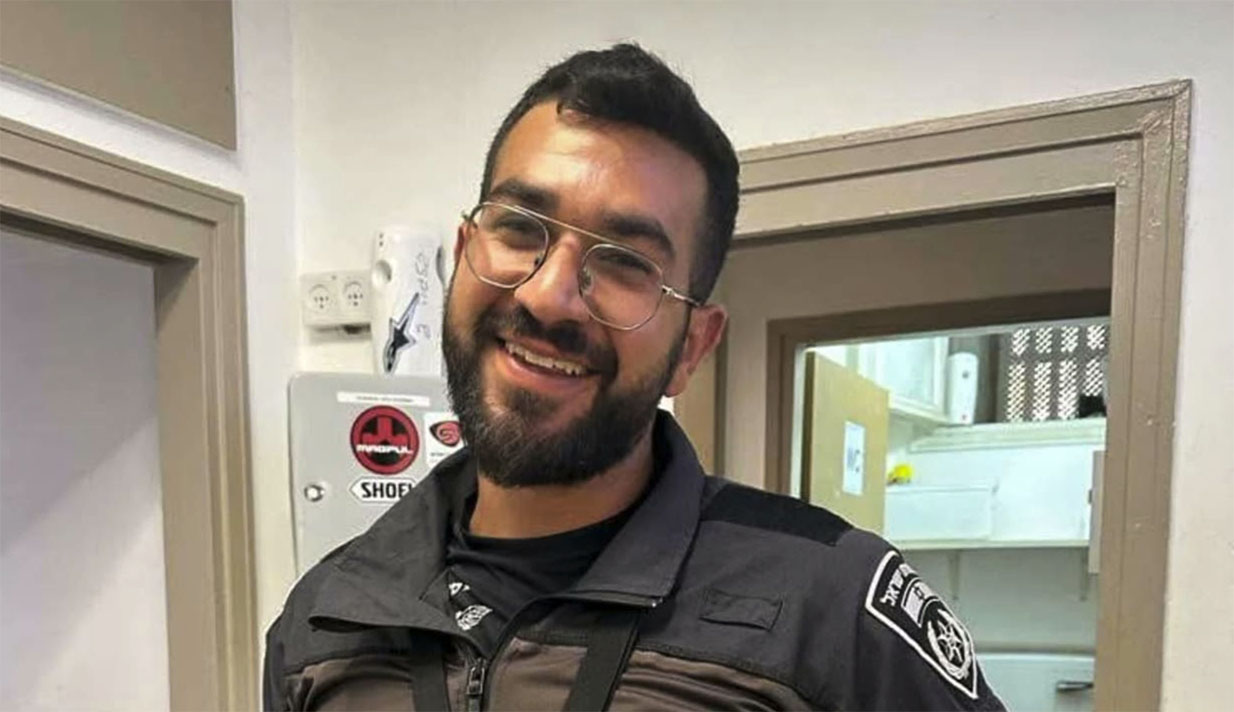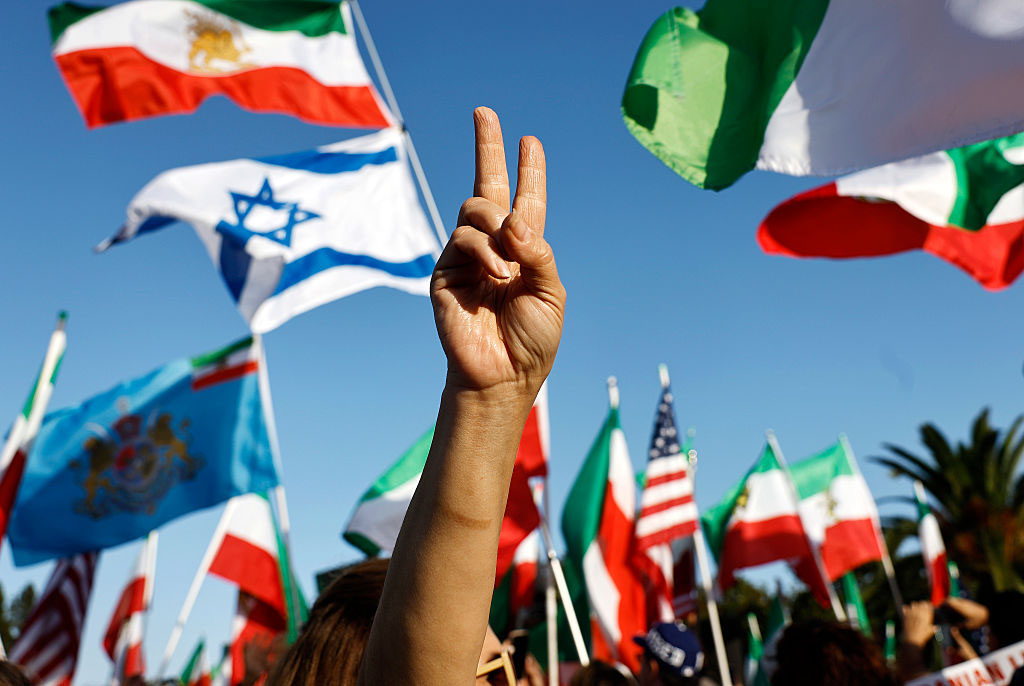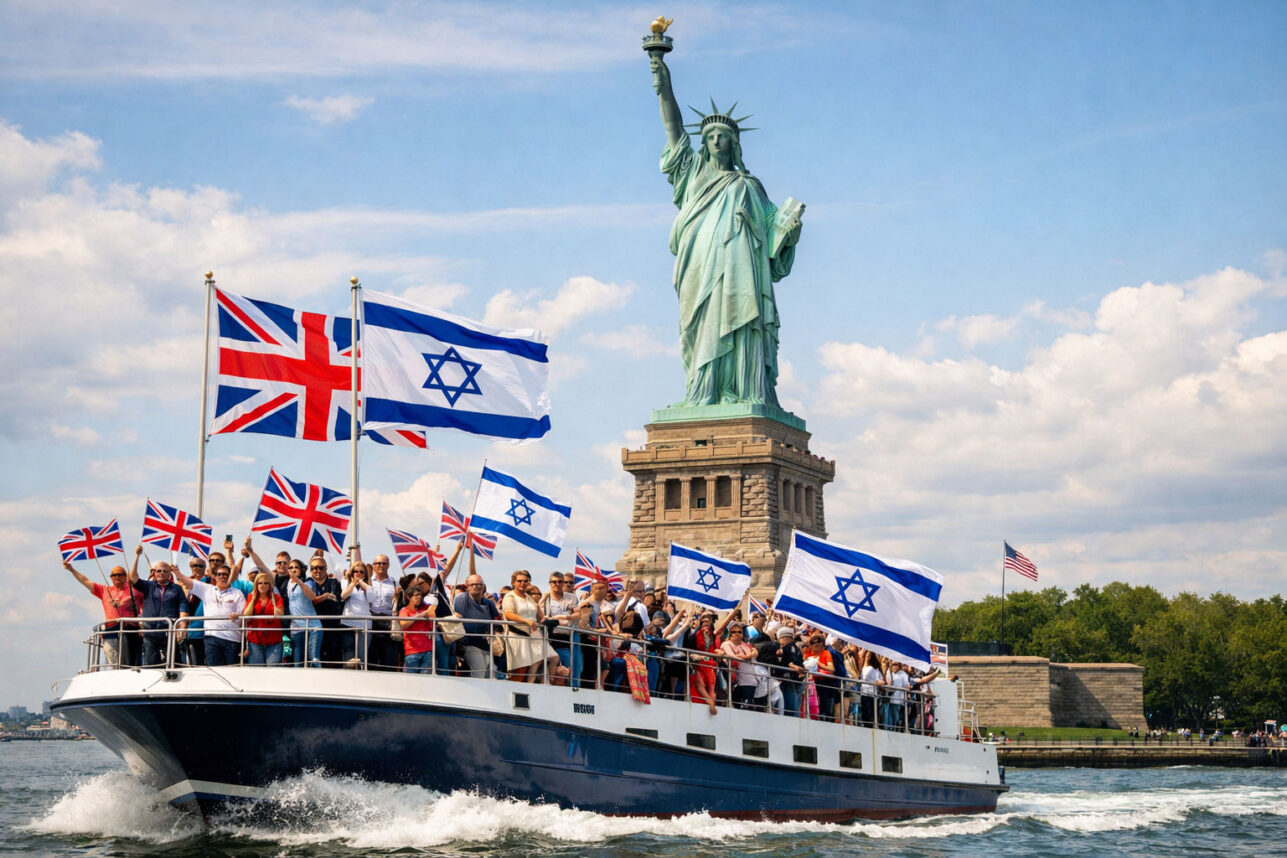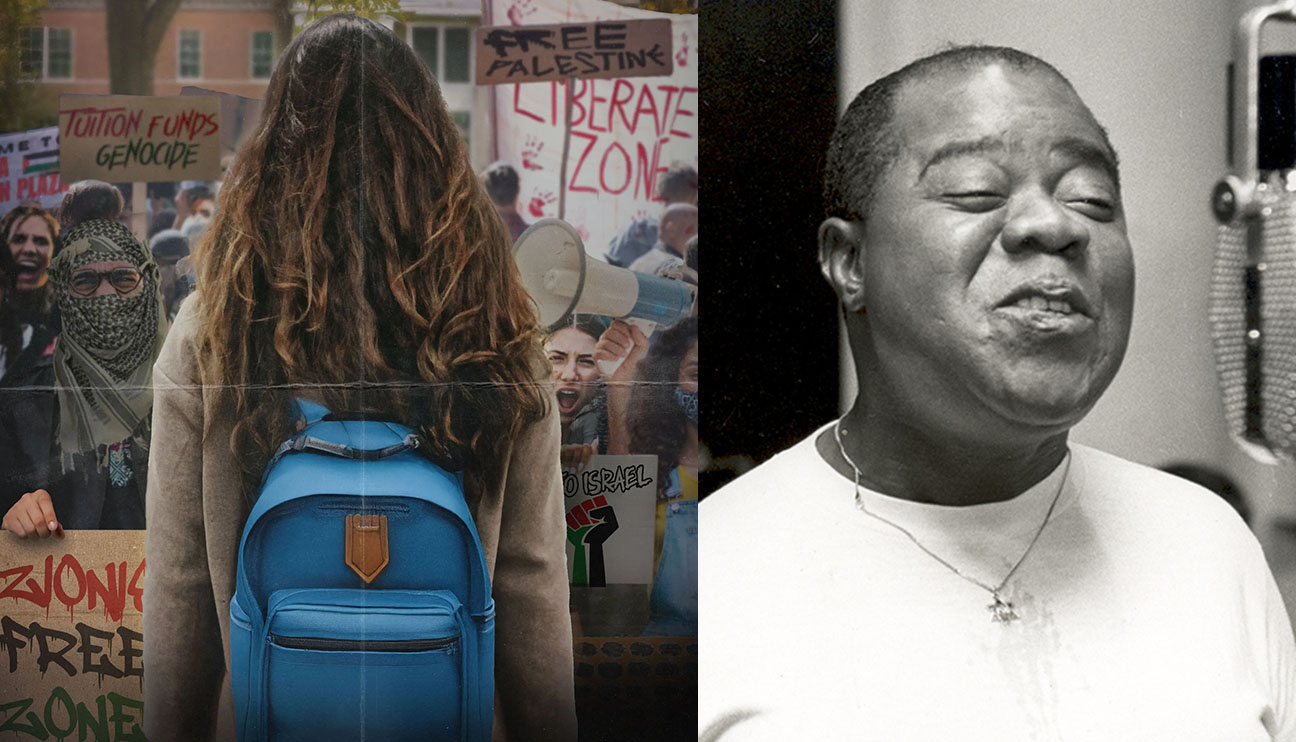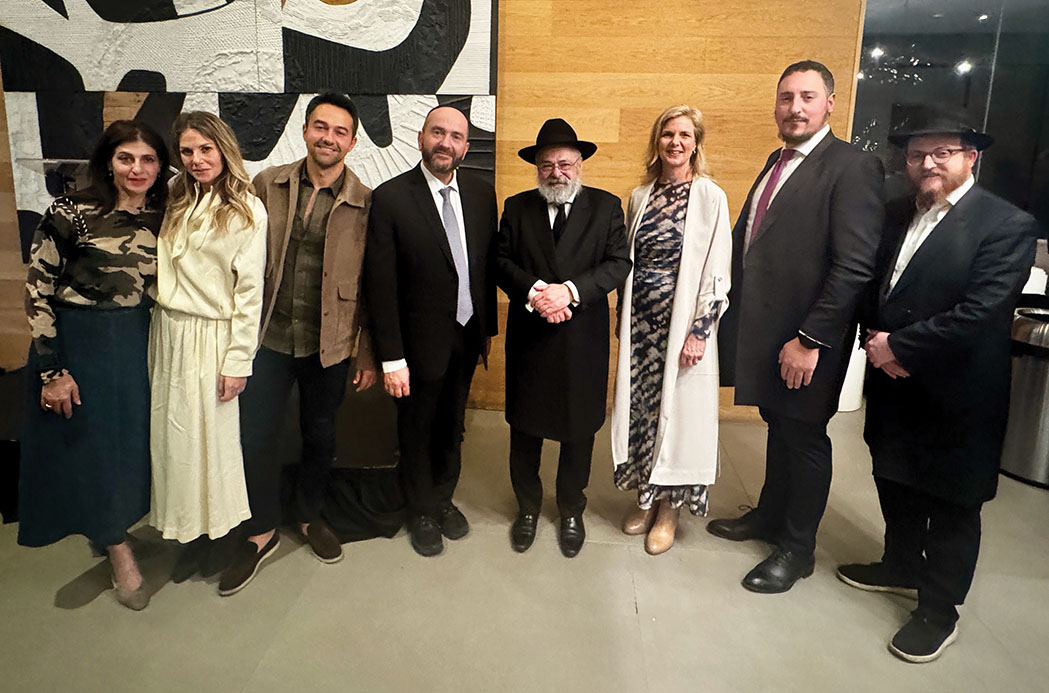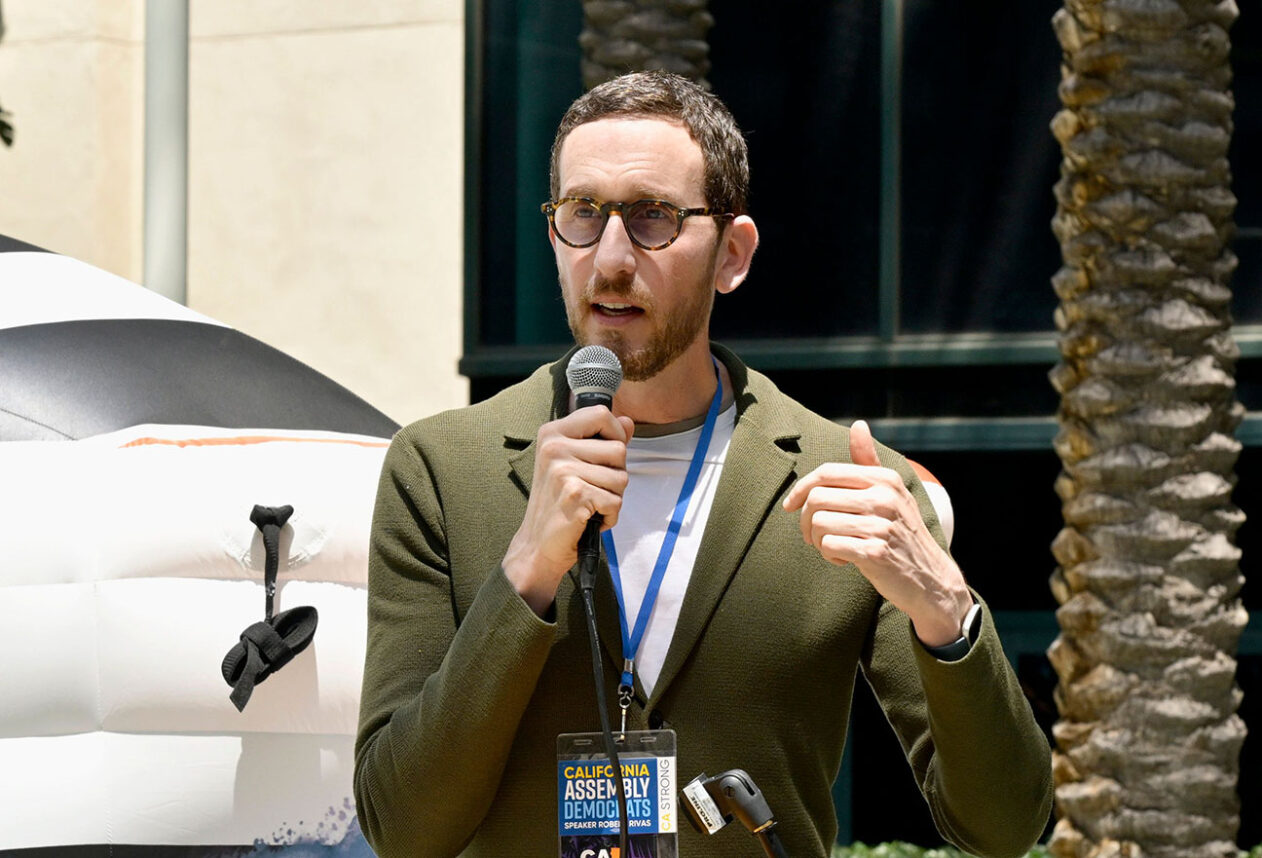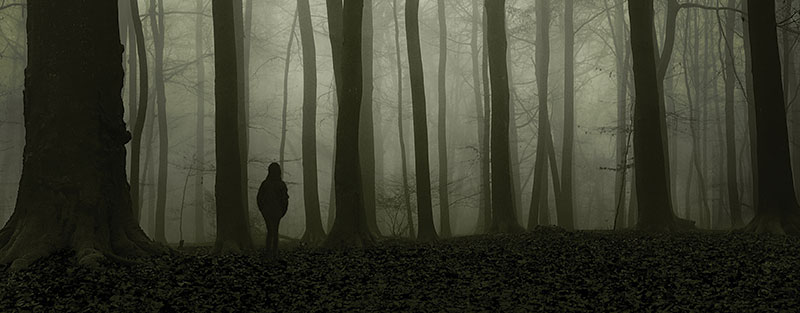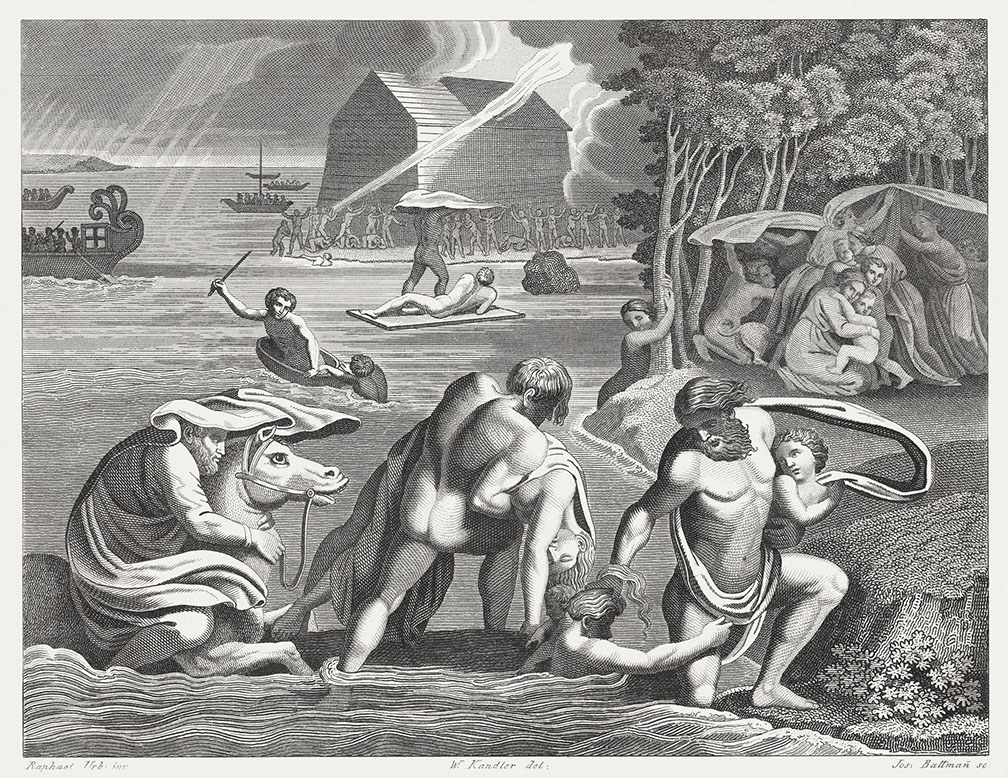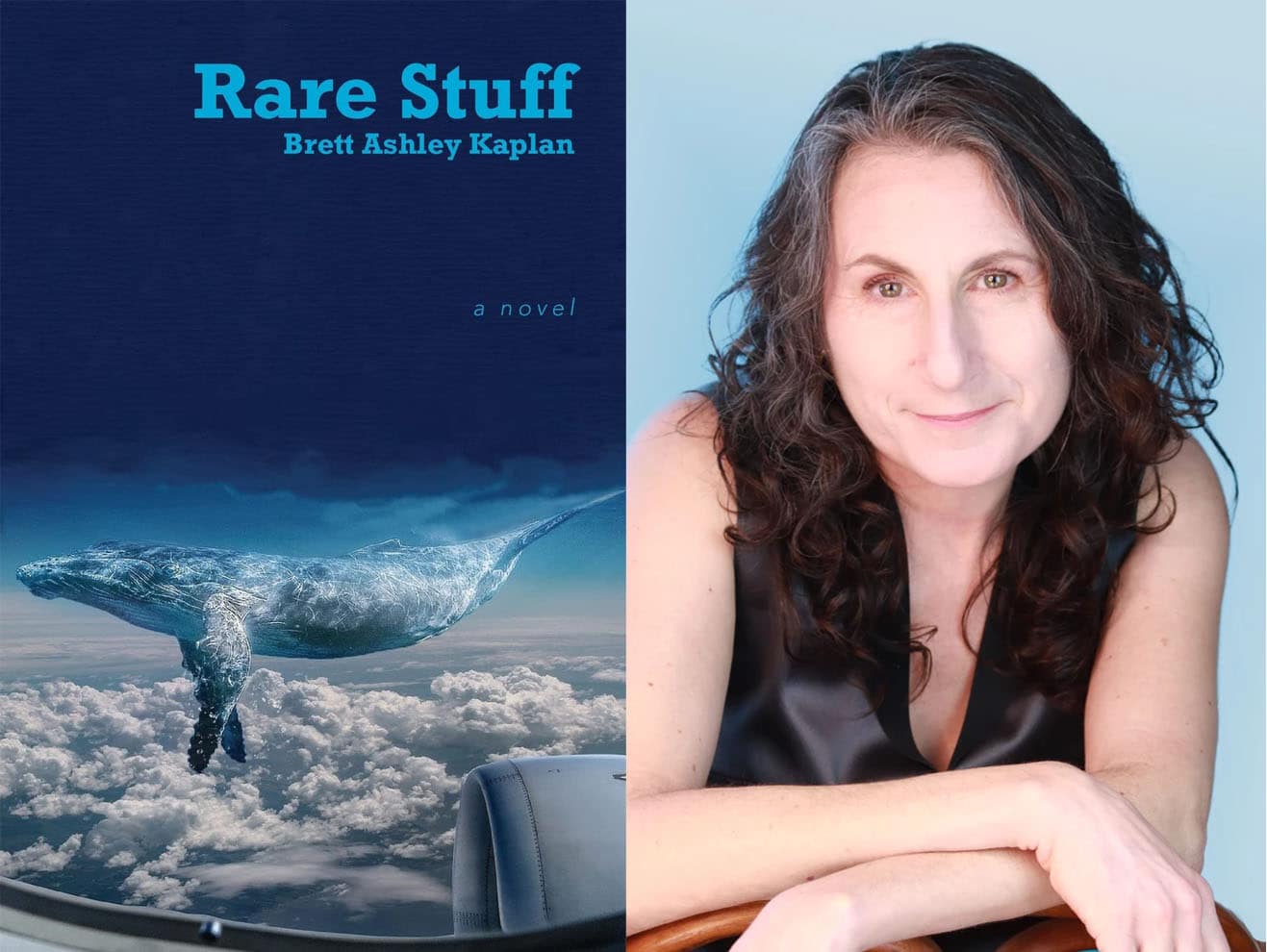
In England, where I live, temperatures shot up over 100 degrees last week—a record high. Fires raged across the country, roads and train tracks buckled in the heat, and even climate scientists were stunned. Perhaps it’s no surprise then that so much contemporary fiction is attempting to tackle climate change—whether it’s portrayed as a problem that needs solving or a problem that we failed to solve, dooming us to a postapocalyptic future (“cli-fi”). In the last two years alone, we’ve had Ali Smith’s novel “Summer,” Jenny Offill’s “Weather,” Jessie Greengrass’s “The High House” and Alexandra Kleeman’s “Something New Under the Sun,” among others, stressing the urgency of the situation.
Brett Ashley Kaplan’s “Rare Stuff” inserts itself into this literary conversation about our ecological crisis, but to simply call the novel eco-fiction would not do it justice. This novel has a bit of everything, including, but not limited to, a plea for the planet: a mystery that takes readers, along with its protagonists, from Chicago to New York to Boston to Quebec City to the world at the bottom of the ocean; Yiddish-speaking whales (also at least one shark); evil buffoonish villains and wild, hairy escapes; an ode to interracial love; and connecting them together, a message that we can all do better.
The novel begins with the main character, Sid, a young female Jewish photographer in an on-and-off-again relationship with a mixed-race Jewish man from Guadeloupe, losing her father. To launch us into the adventure that the novel becomes, Kaplan has Sid discover a suitcase stuffed with clues that her deceased father left behind—a single red high-heeled shoe, a pair of blue kid gloves, a photograph of a man in a fedora, a small metal sculpture of a reclining woman, a glass paperweight, a wax paper bag and other items.
But where will these clues lead? Will they help Sid solve the mystery of her mother’s disappearance, decades earlier? Understand her father? Herself? Climate change?
Always keeping us on our toes, the first-person narrative moves around, allowing us to hear not only Sid’s voice, but also that of her boyfriend, André, an academic; her father, Aaron (we are privy to his unfinished book manuscript wherein the Yiddish-speaking whales reside); and her mother, Dorothy (also through her writing). There are also interviews, poems, book reviews and letters deftly weaved into this already colorful tapestry. Yet at no point is the novel confusing; on the contrary, the questions asked in one section might be answered in another, and the narrative pace is swift.
The characters of “Rare Stuff” are not deeply developed, but each one has their own rich history and collectively adds to a picture of interconnectedness. We get glimpses of aristocratic Austrian Jewish life before the war, as well as the crypto-Jews who fled the Spanish Inquisition and re-settled in the Caribbean. We meet couples who, like Sid and André, are interracial; they are the subject of Sid’s photography project. We read about Jewish whalers in 19th-century New England and Jack Johnson, a Black heavyweight champion who, in a novel within the novel, is given a happier ending than the historical figure was permitted. We read about dark times and places: Eagle’s Nest (Hitler’s refuge), the looting of Jewish art in the Holocaust, the killing of Eric Garner (though set in another time and place).
Implicitly, we are asked to think about the genocide of Jews alongside the extinction of species, and what the loss of these species could mean.
We even get to know some whales who, we are told, speak Yiddish since they decided to learn a human language at the turn of the 20th century when it was a transnational language spoken by millions and thus seemed a good option. Who could have known that Yiddish-speakers—and Yiddish itself—would be scarce by the end of the century? Implicitly, we are asked to think about the genocide of Jews alongside the extinction of species, and what the loss of these species could mean.
Yet these serious points are often cloaked in humor. “We sent messages that said things like ‘save the humans’ and ‘save the planet’,” explains one whale, “but then something got lost in translation and we heard reports back from the surface that bumper stickers popped up on your cars (thankfully no longer fueled by whale oil) that said ‘save the whales.’” Kaplan’s wise but misunderstood creatures call to mind the dolphins in Douglas Adams’s similarly picaresque classic comic series, “The Hitchhiker’s Guide to the Galaxy.” As indicated by the title of the fourth novel in Adams’s series—“So Long, and Thanks for All the Fish”—the dolphins were warning humans that they needed to flee a doomed planet; unfortunately, humans misinterpreted the message, thinking the dolphins were singing “The Star-Spangled Banner.” Kaplan’s whales, like Adams’s dolphins, know (and act on) what humans have continually failed to truly comprehend: The earth is in trouble.
If you look up Brett Ashley Kaplan, a literature professor for whom “Rare Stuff” is a fictional debut, you probably won’t be surprised to see she’s written a book on Philip Roth. After all, in addition to references to many other American novelists, poets and filmmakers (Herman Melville, Henry James, Ezra Pound, Toni Morrison, Woody Allen), we find many of Roth’s recurrent characters making cameos in Kaplan’s book. For instance, David Kepesh (of “The Dying Animal” among other Roth titles) makes an appearance here, interviewing Sid’s father, a novelist called Aaron Zimmerman, who resembles Roth’s novelist Nathan Zuckerman (who himself resembles Roth). But more importantly, Rothian playfulness abounds in this novel, making “Rare Stuff,” despite its dire warnings to humankind, a pleasure to read.
Karen E. H. Skinazi, Ph.D, is Associate Professor of Literature and Culture and the director of Liberal Arts at the University of Bristol (UK) and the author of Women of Valor: Orthodox Jewish Troll Fighters, Crime Writers, and Rock Stars in Contemporary Literature and Culture.













